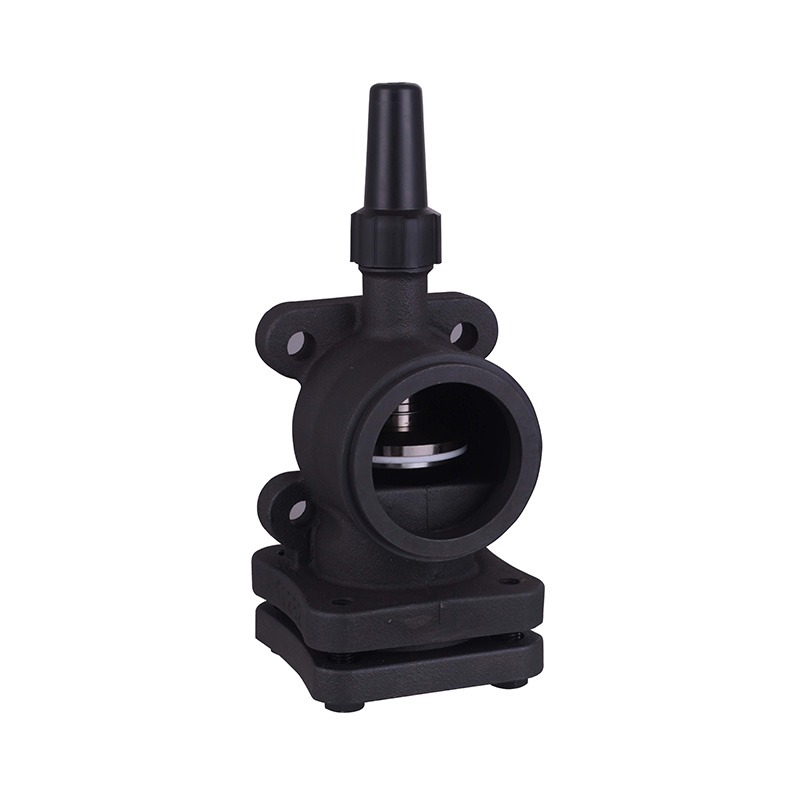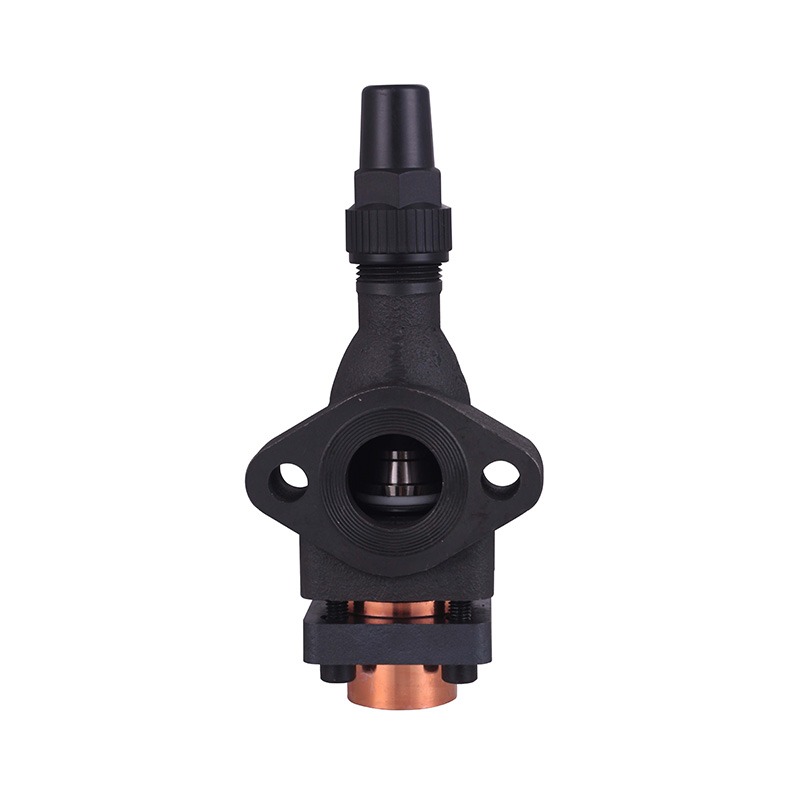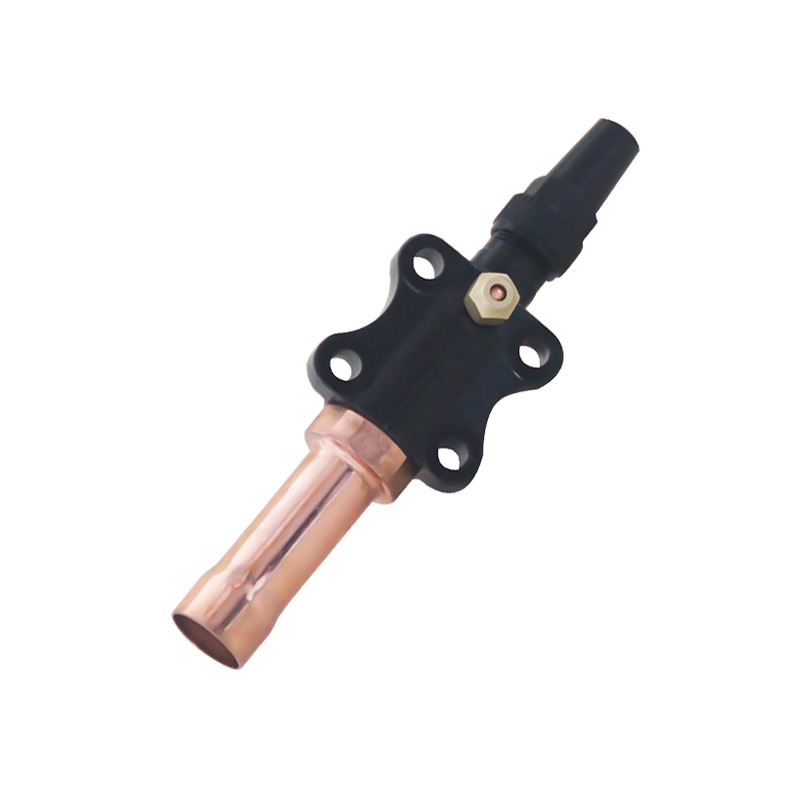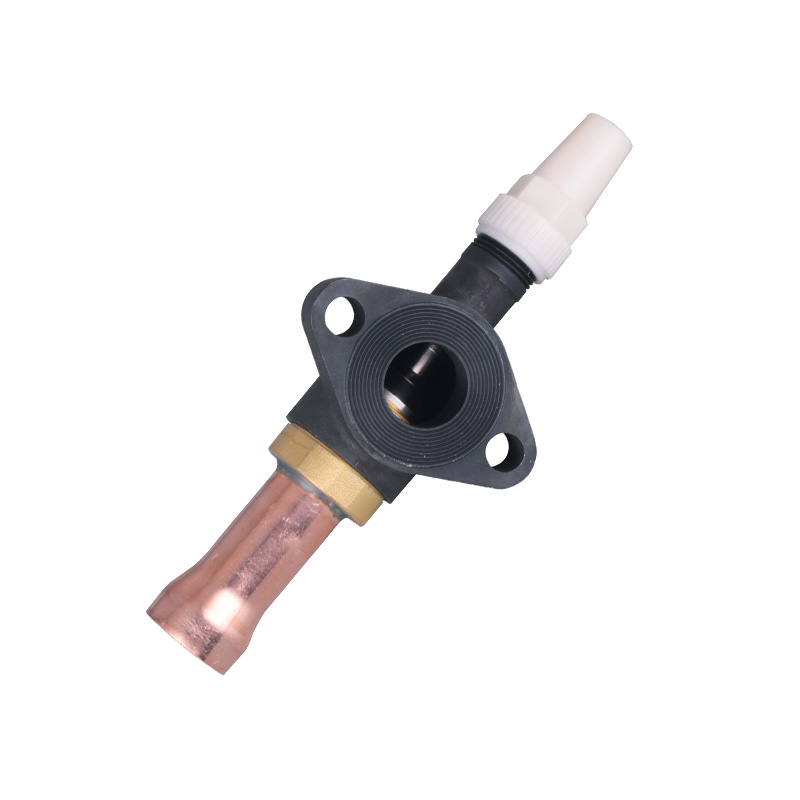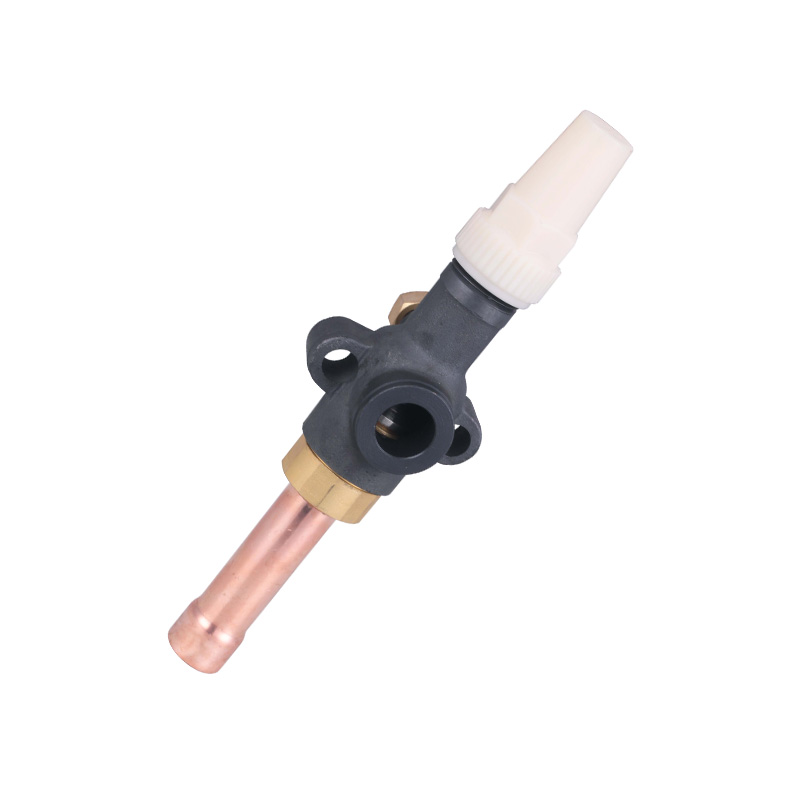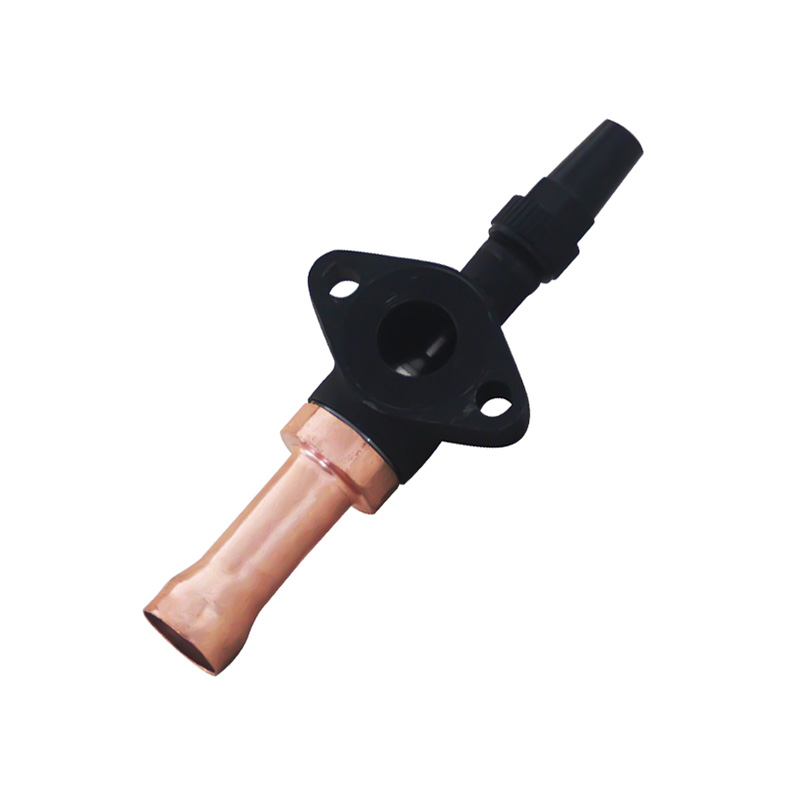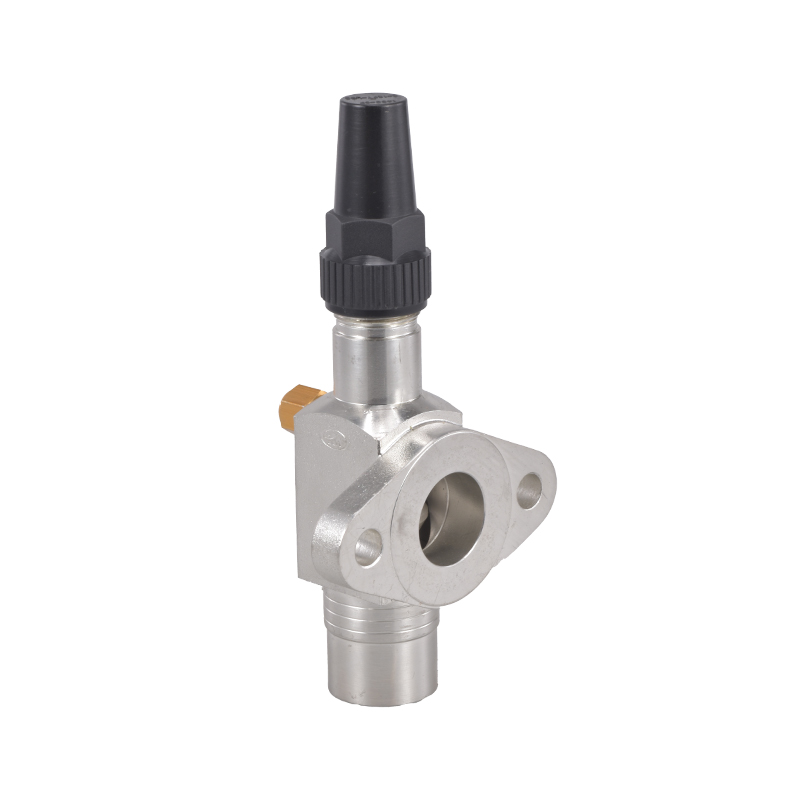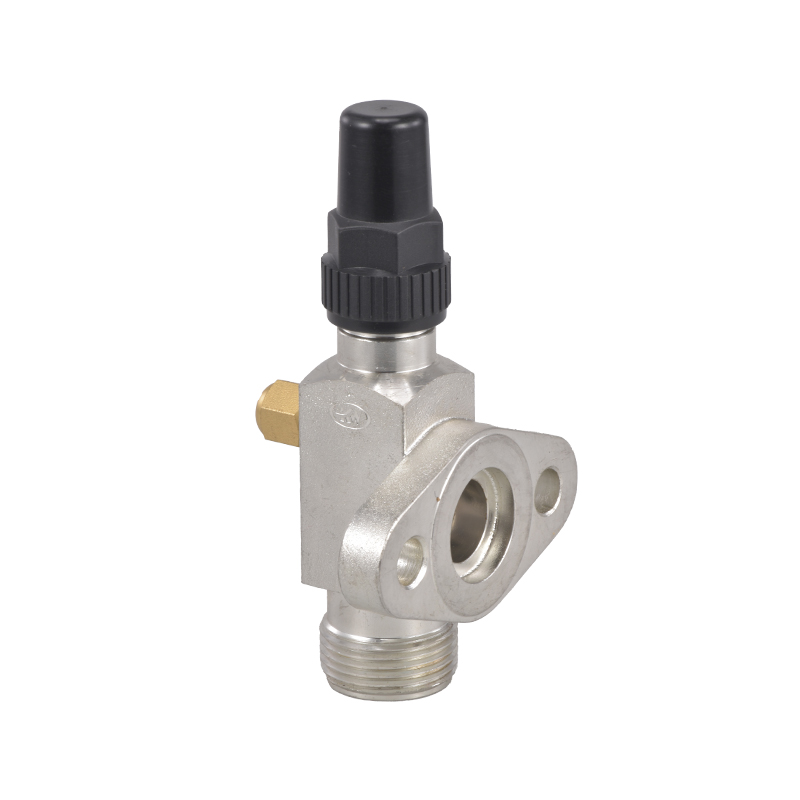Why Are Cast Iron Stop Valves and Welded Ball Valves Essential in Modern Industrial Systems?
 By Admin
By Admin
Industrial piping systems have become increasingly complex, requiring high-quality components to ensure reliability and efficiency. Among these, the Cast Iron Stop Valve has proven indispensable for controlling fluid flow, while the Welded Ball Valve offers precise shut-off capabilities and long-lasting performance. Both types of valves are essential for industries ranging from water treatment to chemical processing, providing safety, efficiency, and durability that meet modern engineering demands. Their versatility and reliability make them a smart investment for facilities aiming to reduce maintenance costs and maximize operational uptime.

The Role of Cast Iron Stop Valves in Industrial Operations
Cast iron stop valves are valued for their strength and resistance to wear, making them ideal for high-pressure applications. Their simple yet robust design allows operators to quickly control fluid flow in pipelines. In many industries, these valves are preferred for their ability to handle varying temperatures and pressures without compromising performance. This reliability has made the Cast Iron Stop Valve a staple component in factories, water treatment plants, and commercial facilities. Additionally, the adaptability of these valves allows them to integrate seamlessly into both older and newly designed systems.
Welded Ball Valves: Precision Meets Durability
Welded ball valves offer a seamless construction that reduces leakage risks and maintenance requirements. Unlike threaded or flanged ball valves, the welded design provides superior integrity, especially in high-pressure or high-temperature environments. The precise control offered by these valves makes them ideal for critical applications where even minor flow adjustments can affect overall system efficiency. Engineers often rely on Welded Ball Valves for processes requiring consistent performance and minimal downtime. Moreover, the smooth operation and tight sealing capabilities enhance system safety across a variety of industries.
Trends in Industrial Valve Technology
The industrial valve market is seeing a shift toward longer-lasting, low-maintenance solutions. Both Cast Iron Stop Valves and Welded Ball Valves are benefiting from advancements in materials and coatings that improve corrosion resistance and operational lifespan. Digital monitoring integration is also becoming more common, allowing operators to track valve performance remotely. These trends highlight the growing importance of combining traditional mechanical reliability with modern technological enhancements. In addition, smart analytics tools help predict potential failures, ensuring proactive maintenance.
Choosing the Right Valve for Specific Applications
Selecting the correct valve depends on factors such as pressure, temperature, and fluid type. Cast Iron Stop Valves are often chosen for general service and water systems due to their durability and affordability. Welded Ball Valves, on the other hand, are ideal for more demanding processes, including chemical, petrochemical, and steam applications, where leak-proof performance is critical. Understanding the specific requirements of each system ensures that industrial operators maximize efficiency and safety. The right combination of these valves can improve productivity while reducing operational risks.
Maintenance and Long-Term Performance
Both Cast Iron Stop Valves and Welded Ball Valves offer low-maintenance solutions when properly installed. Routine inspections and lubrication help extend service life, while the robust materials used in these valves prevent premature wear. With the right care, these valves can maintain optimal performance for years, minimizing downtime and reducing the cost of repairs or replacements.
The combination of a Cast Iron Stop Valve for strong, reliable control and a Welded Ball Valve for precise, leak-resistant operation ensures that modern industrial systems can operate smoothly and efficiently, meeting the demands of today’s complex engineering environments while delivering long-term value and peace of mind to operators.




 English
English русский
русский Deutsch
Deutsch
